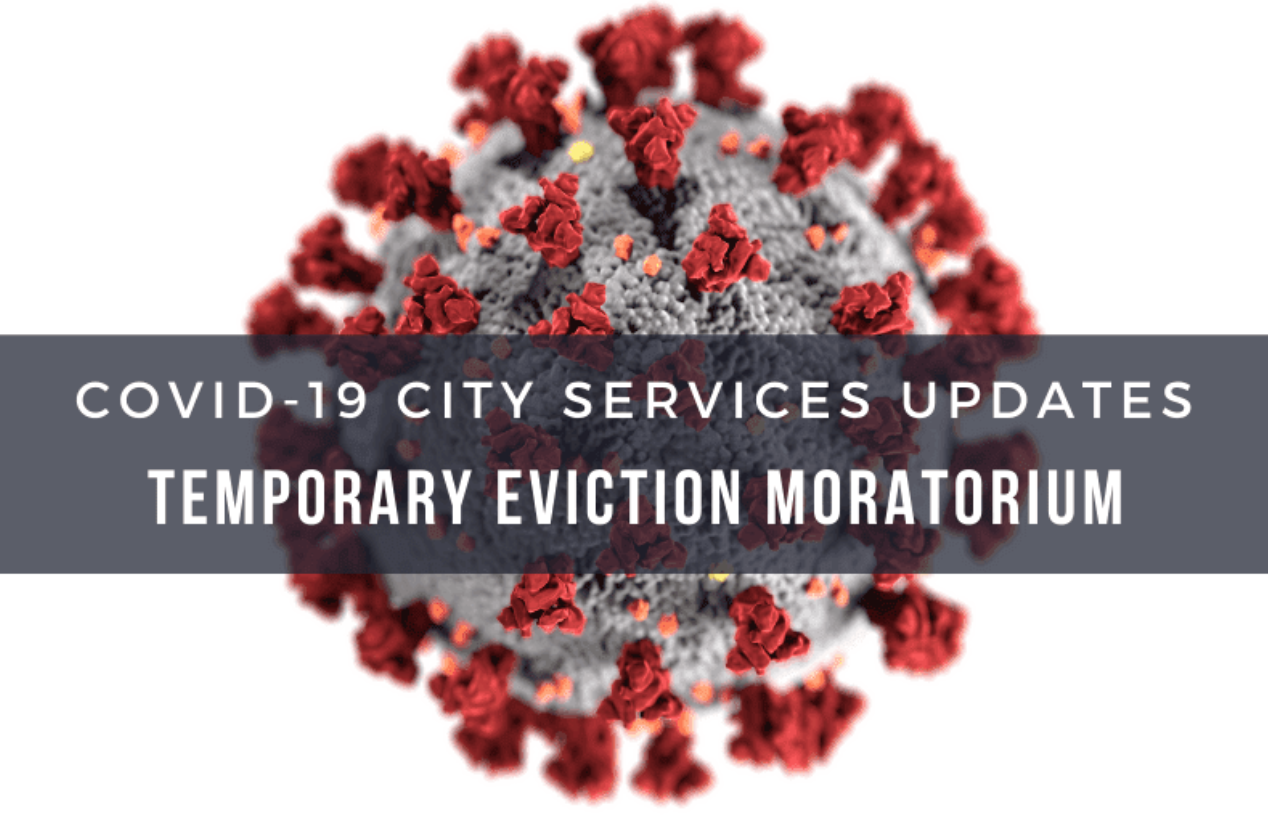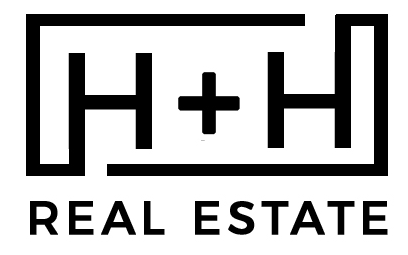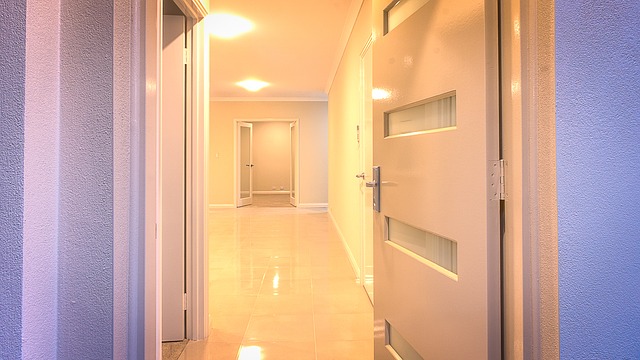
Temporary Eviction Moratorium Due to Coronavirus COVID-19
On March 24, 2020, the Santa Barbara City Council adopted Ordinance No. 5941 which allows commercial and residential tenants to defer rent payments when they are unable to pay because of income reductions due to the Coronavirus (COVID-19) pandemic. The Temporary Eviction Moratorium Ordinance (TEMO) became effective immediately. Tenants must provide written notice of their request for rent deferral within 20 days after the rent is due. Details on the form of the notice and what it must contain are in the Ordinance and FAQs available below.
Here are some frequently asked questions:
1. What is the Temporary Eviction Moratorium Ordinance?
The Ordinance (“TEMO”) is a local law passed by the Santa Barbara City Council to protect residential and commercial tenants from eviction for nonpayment of rent due to the COVID-19 emergency. The TEMO went into effect on March 24, 2020.
2. How does a tenant get protection under the TEMO?
The TEMO allows you to delay paying all or part of your rent by sending a written notice to your property owner or agent within 20 days after your rent due date. For example, if your rent is due on April 1, 2020, you would need to send the notice on or before April 21, 2020.
3. What does the written notice need to include?
The notice is different for residential and commercial tenants.
For residential tenants, the notice must describe the “Significant Negative Change to their Household Financial Condition” that makes the tenant unable to pay all or part of their rent. The notice must include the amount of the rent or lease payment that the tenant believes they can make on a current monthly basis and the amount the tenant seeks to defer during the emergency. The notice also has to include documentation that establishes the Significant Negative Change to Their Household Financial Condition.
For commercial tenants, the notice must describe the “Unforeseeable Emergency Commercial Conditions” that make the tenant unable to pay all or part of their rent. The notice must include the amount of the rent or lease payment that the tenant believes they can make on a current monthly basis and the amount the tenant seeks to defer during the emergency. The notice also has to include documentation that establishes the Unforeseeable Emergency Commercial Conditions.
4. What does “Significant Negative Change to Their Household Financial Condition” mean for residential tenants?
This means a residential tenant can delay their rent or lease payment when they experience a substantial decrease in household income as a result of any of the following:
Being sick with COVID-19, or caring for a household or family member who is sick with COVID-19;
Lay-off, loss of compensable work hours, or other income reduction resulting from business closure or other economic or employer impacts of COVID-19;
Compliance with an order or recommendation from a government authority to stay home, self-isolate or quarantine, or avoid congregating with others during the state of emergency;
Extraordinary out-of-pocket medical expenses as a result of COVID-19; or
Child care needs arising from school closures related to COVID-19.
5. What does “Unforeseeable Emergency Commercial Conditions” mean for commercial tenants?
This means a commercial tenant can delay their rent or lease payment when they experience a substantial decrease in business income or substantial out-of-pocket medical expenses, or reduced hours of operation or modes of operation.
6. What kind of documentation does a tenant need to include with their notice?
The tenant needs to produce written material that shows a substantial decrease in household or business income, such as medical records (including medical bills), layoff or termination notices, income or revenue records, child care expenses or other documents that show a substantial household income decrease as a result of COVID-19.
It is important to be complete and truthful with this documentation because if the owner tries to evict you, you will need to demonstrate in court that you had a substantial decrease in income related to COVID-19.
7. How does the TEMO protect a tenant’s personal information?
The TEMO requires the owner or the owner’s agent to keep all medical or financial information contained in a notice confidential, except when disclosure is both necessary to enforce the owner’s rights under this ordinance and otherwise lawful.
8. How long will the TEMO be in effect?
The rent deferral and eviction protection parts to the TEMO expire on May 31, 2020, unless the City Council takes action to extend the law.
9. What can a tenant do if the property owner tries to evict them in violation of the TEMO?
The TEMO creates what is called an “affirmative defense” to eviction for nonpayment of rent. If the property owner files an unlawful detainer action against a tenant for nonpayment of rent, the tenant can defend themself in court by demonstrating that they sent the notice and supporting documentation to the owner within 20 days after the rent was due.
10.What can a property owner do if a tenant falsifies the documentation in their notice?
An owner can attempt to evict the tenant. The tenant will bear the burden in court of demonstrating their eligibility for the rent deferral affirmative defense.
11.How long does a tenant have to pay back the rent that is deferred under the TEMO?
The TEMO does not specify a payback period at the present time. The TEMO encourages owners and tenants to work together to develop mutually acceptable repayment schedules. However, the City Council specifically directed reconsideration of the ordinance, including repayment terms, at its meeting on May 12, 2020.
12.Where can I find additional information?
You can look at the City Attorney’s Rental Housing Information website located at
https://www.santabarbaraca.gov/gov/depts/attorney/rental_housing_information.asp.



